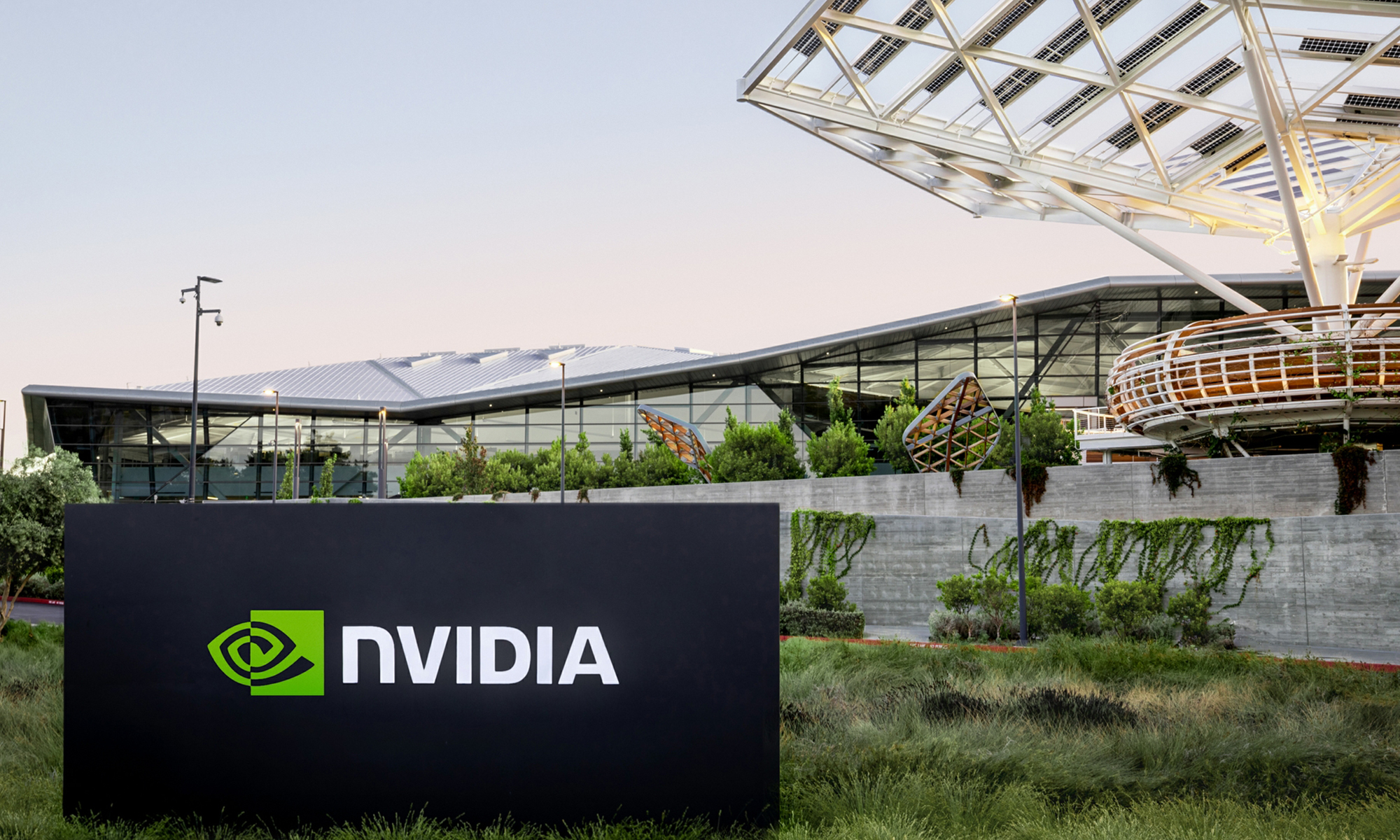This has been a difficult year for Nvidia (NVDA 1.19%). Shares of the chipmaker are down around 8% so far in 2025 as of this writing. But a closer look at the recent stock price action suggests investors are regaining confidence in the artificial intelligence (AI) pioneer.
The stock has jumped 27% in the past three weeks, thanks to positive reports from tech giants that use Nvidia's AI chips, along with encouraging commentary from peers in the semiconductor industry. Now, the latest development in the U.S.-China tariff standoff suggests that Nvidia's upcoming results for the first quarter of fiscal 2026 (which ended April 27), which will be announced on May 28, could further boost investor confidence in the stock and send it higher.

Image source: Getty Images.
The tariff dispute is showing signs of cooling down
The Trump administration's decision to implement duties of 145% on imports from China last month weighed on semiconductor stocks, including Nvidia, even though the White House exempted imports of chips, processors, and certain other electronic components from reciprocal tariffs. However, there were reports that a separate set of tariffs could be announced on semiconductors.

NASDAQ: NVDA
Key Data Points
But now, the U.S. and China have agreed on bringing down the reciprocal tariffs by 115% for a period of 90 days. As a result, the duties on Chinese goods imported into the U.S. will come down to 30%, while tariffs on U.S. goods imported into China will stand at 10%. This development comes in the wake of China's rollback of tariffs on imports of microchips from the U.S.
Earlier, President Donald Trump had indicated that he was willing to reduce duties on Chinese imports. All this suggests that the storm of the tariff turmoil that has weighed on Nvidia stock so far this year could be fading.
Nvidia customer Meta Platforms recently indicated that it was ready to bear the increase in costs of AI hardware thanks to the tariff imposition. There were reports last month that memory manufacturer Micron Technology, which supplies high-bandwidth memory (HBM) chips for Nvidia's AI graphics cards, was imposing a tariff-fueled surcharge on some of its products to account for the increased costs.
So, the tariff burden could have hurt Nvidia's sales and margins considering that it outsources chip production across various locations globally. This explains why a recent report by DigiTimes (via Tom's Hardware) states that Nvidia raised the price of its AI graphics processing units (GPUs) by up to 15% to cope with the tariff-related effects.
The global economic uncertainty fueled by the tariffs could have negatively affected AI spending. Reports of a pullback by Microsoft in leasing more data center capacity in February added to this fear. However, the positive tariff-related development between the U.S. and China should mitigate the concerns about a potential AI spending slowdown, and this could result in solid guidance from Nvidia later this month.
China could help Nvidia deliver better-than-expected results
Analysts are expecting Nvidia to deliver $43 billion in revenue for fiscal Q1, an improvement of 65% from the year-ago period. That's in line with the company's guidance range. However, a surge in orders from Chinese clients could help Nvidia's top line exceed those expectations.
According to a Reuters report, the likes of ByteDance, Alibaba, and Tencent placed orders for at least $16 billion worth of Nvidia's H20 AI GPUs in the first three months of 2025.
That's quite significant, considering that Nvidia's revenue from China in the previous fiscal year reportedly stood at just over $17 billion. So, China could move the needle in a much bigger way for Nvidia in Q1 of fiscal 2026 and play a key role in helping the company surge past analysts' expectations.
The jump in Nvidia's China revenue has been attributed to an increase in demand for low-cost AI models. Meanwhile, the company has been altering its AI chips to bring them in line with the export controls imposed on the shipments of its chips to China, something that it has done in the past to ensure access to the Chinese market.
Throw in the AI infrastructure projects going on in the U.S., such as Stargate, and Nvidia's terrific control over the AI chip supply chain, the stage seems set for the chipmaker to coast past Wall Street's expectations and ensure that its newly found stock market momentum continues beyond May 28. That's why savvy investors can consider buying this AI stock right now. It's trading at an attractive 28 times forward earnings, a big discount to the U.S. technology sector's price-to-earnings ratio of 44.









